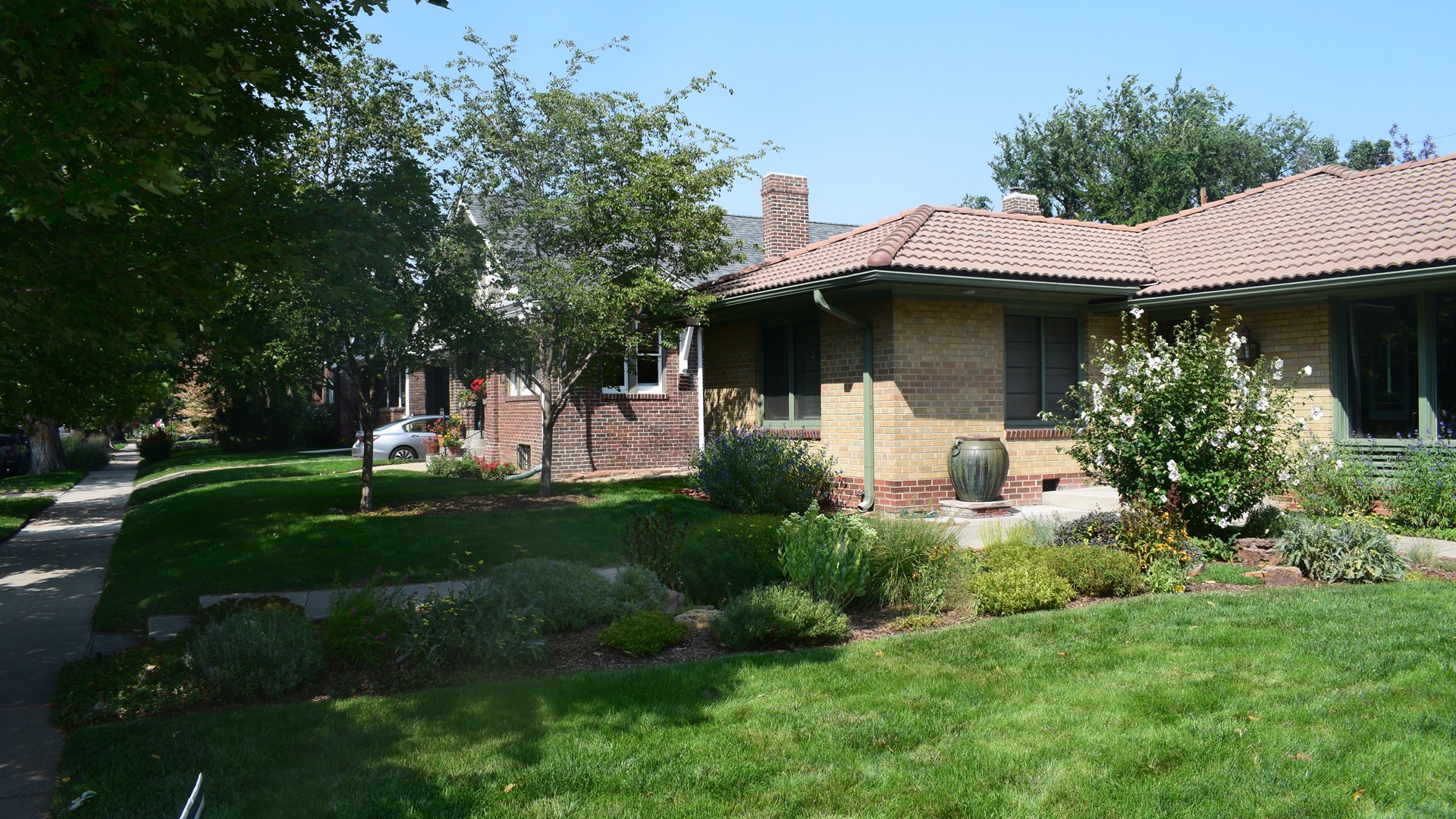COLORADO, USA — Are you among the many homeowners who received their property assessments over the weekend?
Perhaps the valuation was way higher than expected. Or maybe it was lower than it should have been.
Here's the thing: You won't know whether your property valuation affects your property tax rate until December, when local governments set the mill rate.
That's because of the formula used to determine property taxes:
Actual value x Assessment rate x Mill rate (tax rate) = Taxes
Ok — so what the heck does that mean?
Below are some common questions associated with property taxes and what assessments mean for the homeowner, according to the City and County of Denver.
What are property taxes?
They are "ad volorem," meaning a tax whose amount is based on the value of a transaction or of property. Property taxes are generally assessed based on current market values.
How often are properties assessed?
Colorado law dictates that all real property be re-assessed every two years, specifically on odd-number years (2019, for example).
And from there, how do they get the tax rate?
The current estimated assessed value rate for Colorado homes is 7.15%. That means if your home is valued at $100,000, the property tax rate would be $7,150.
The assessed value rate is then multiplied by the mill rate to calculate total property taxes. Local governments determine mill rates based on the money they'll need to provide necessary services the following year.
How does my property value assessment affect my property tax rate?
Taxing authorities set various mill rates each year in December. Since property tax totals come by multiplying the assessed value by the mill rate, it's not possible to find out whether they'll go up or down until then.
Still nervous you didn't get the right assessment value?
Lucas Frei, a Denver tax attorney with law firm Robinson & Henry, P.C., lays out homeowners' next steps after receiving their assessments:
(Editor's note: Responses have been edited for context and clarity.)
9NEWS: What should I do if I don't agree with my property assessment?
Frei: Start by making sure it's been done accurately. You want to make sure that the assessor gave you a fair value.
I've seen that happen...where a homeowner gets an assessment that's $250,000 and then their neighbor gets one for the exact same house for $350,000.
What do you do if you see a discrepancy?
Frei: Contact your county assessors office and ask them to re-assess. Counties tend to hold all the cards. I wouldn't say a lot of errors are made, but they do happen.
When should I appeal?
Frei: You'll want to do it sooner rather than later — within two weeks to 30 days if possible.
How do I appeal?
Frei: Every county has a different process. .. You'll have to look at the county assessor's office [website]. Sometimes they print it right on the assessment. You'll want to get someone on the phone and have them explain themselves. Most the time they'll have a decent reason.
What if they over-assessed?
Frei: It's not something you can generally fight. If you do see an error, you're going to want to call the city assessor's office and make sure they know an error was committed.
What if they under-assessed?
Frei: Our fear [with an under-assessment] is that the government did make a mistake and then comes back, say five years later. Then let's say they make those corrections and apply them retroactively. Then they send out a bill for that past-due tax. ... That may be taxes you should have been paying but you didn't know, and now you have to pay it, so that can severely put you behind when you should have been paying.
What's the last resort?
Frei: You can take the county to state-level court. But that's not advice we typically give. Governments are generally following their own rules. ... Sometimes it can cost more to fight it than to pay the tax.
Bottom line?
Frei: Each case we get is severely unique. We're talking about living in different cities and counties. If you live in the same neighborhood but across the county line, your house will be valued differently than your neighbors'.
There's so many different variables. We offer free consultations for this reason. We want people to discover whether they have a case or not.
SUGGESTED VIDEOS | Local stories from 9NEWS

